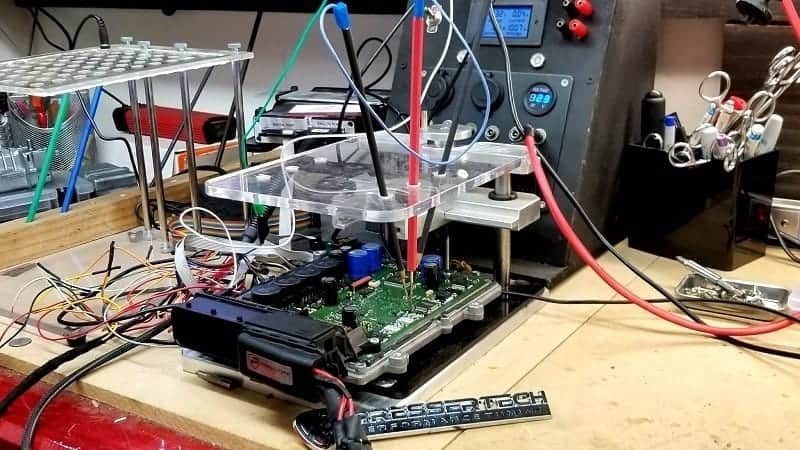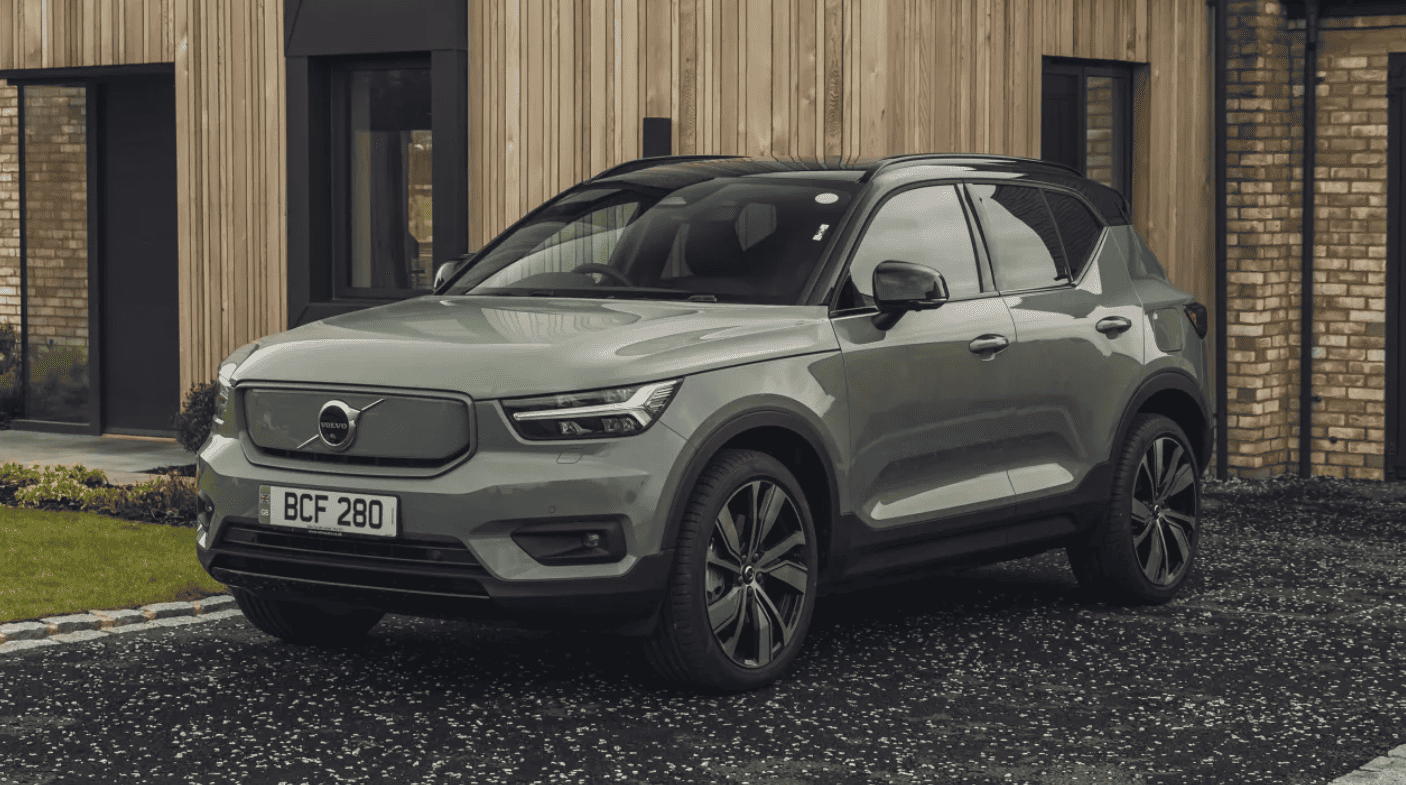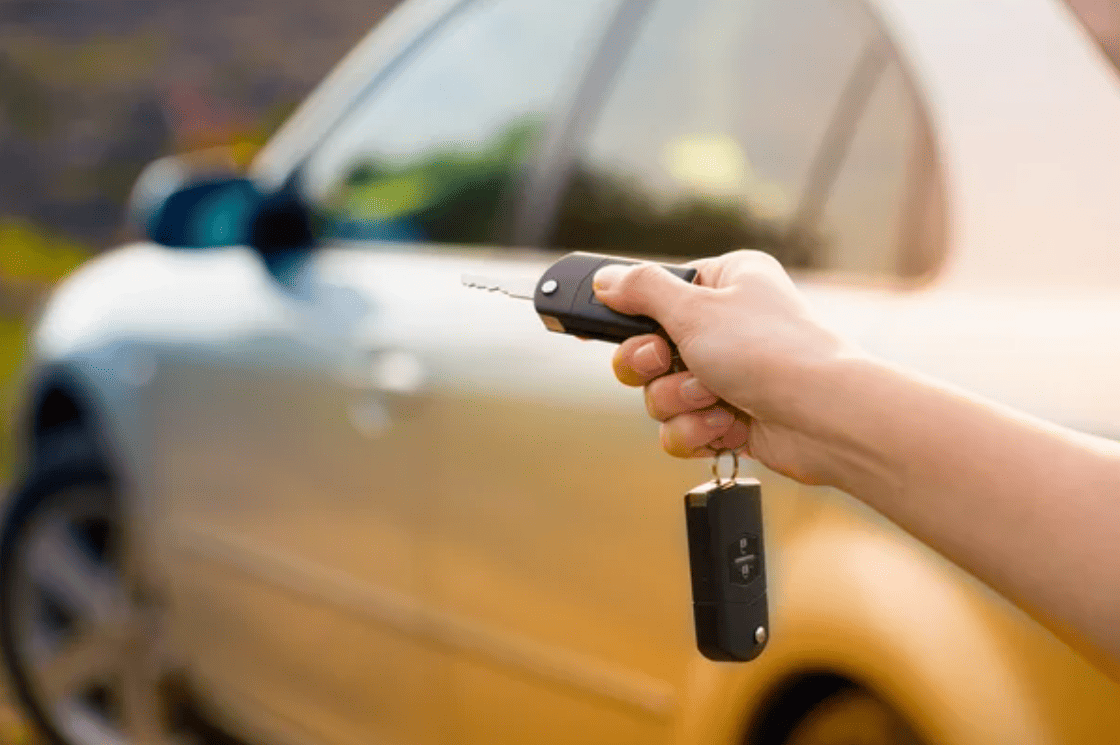In the realm of automotive innovation, Electric Control Units (ECUs) stand as the digital brains orchestrating the symphony of performance. Efficiency, and functionality in modern vehicles. BMW, a pioneer in electric and hybrid technologies, has heavily relied on ECUs to define the unmatched driving experience that its electric and hybrid models offer in the UK.

Understanding the ECU in Electric and Hybrid BMWs
- The Heart of Electric Powertrains: The transition from traditional combustion engines to electric powertrains in BMW models signifies a shift in control mechanisms. The ECU in electric and hybrid BMWs acts as a central nervous system, managing power distribution, battery management, and motor control.
- Optimizing Performance and Efficiency: In the UK’s landscape, where eco-consciousness and performance converge, the ECU plays a pivotal role. It orchestrates power output, torque management, and energy regeneration, striking a delicate balance between exhilarating performance and eco-friendly operation.
The Specific Functions of ECU in BMW Electric and Hybrid Models
- Battery Management: The ECU monitors battery health, regulates charging, and ensures efficient energy utilization. In the UK’s varied driving conditions, this function is crucial for maintaining optimal battery performance and extending its lifespan.
- Motor Control: Precise control over the electric motor’s operation, including speed, torque, and responsiveness, is entrusted to the ECU. This control enhances the driving experience, especially in stop-and-go urban settings or along the scenic routes of the countryside.
- Adaptive Driving Modes: The ECU intelligently adapts to different driving modes, adjusting power delivery and efficiency. From eco-friendly urban commuting to spirited drives through the countryside, the ECU optimizes performance according to the driver’s preferences.
The Impact on UK Driving Experience and Efficiency
- Tailored for UK Roads: The ECU in BMW electric and hybrid models is engineered to adapt to the unique demands of UK roads and driving conditions. Its adaptability ensures optimal performance whether navigating busy city streets or cruising along winding country lanes.
- Emissions and Environmental Impact: Through advanced ECU-controlled systems, BMW electric and hybrid models in the UK contribute significantly to reducing emissions and promoting sustainability, aligning with the nation’s ambitious environmental targets.
Future Innovations and Advancements
- Continuous ECU Advancements: BMW remains at the forefront of innovation, constantly refining ECU capabilities to enhance performance, efficiency, and integration with emerging technologies in the UK market.
- Integration of AI and Connectivity: The future promises even more intelligent ECUs, potentially incorporating AI-driven algorithms and enhanced connectivity, further revolutionizing the driving experience in BMW electric and hybrid vehicles in the UK.
FAQs: The Role of ECU in Electric and Hybrid BMWs in the UK
1. What exactly is an ECU, and how does it differ in electric and hybrid BMWs?
The ECU (Electronic Control Unit) serves as the vehicle’s computerized control centre, managing various aspects such as power distribution, motor control, and battery management. In electric and hybrid BMWs, the ECU takes on a more intricate role. Overseeing the functions of electric motors, battery health, and power optimization for a hybrid or fully electric driving experience.
Read more: Understanding the Role of ECU in BMW: A Comprehensive Guide
2. How does the ECU impact the driving experience in BMW electric and hybrid vehicles in the UK?
The ECU optimizes the driving experience by intelligently managing power delivery. Adapting to different driving modes, and ensuring smooth integration between the electric motor and other vehicle components. This optimization caters to UK driving conditions, enhancing performance and efficiency across diverse terrains and environments.
3. What role does the ECU play in battery management for electric and hybrid BMWs?
The ECU in these vehicles monitors the battery’s health, regulates charging, and ensures efficient energy utilization. This function is crucial for maximizing battery lifespan, optimizing charging cycles, and maintaining consistent performance, especially in the varying climate and driving conditions of the UK.
4. Can the ECU be customized or modified to enhance performance in BMW electric and hybrid models?
While the ECU controls various aspects of the vehicle, customization or modifications to the ECU should be approached cautiously. Modifying the ECU settings can impact warranty, emissions, and overall vehicle reliability. However, BMW-approved tuners might offer performance enhancements that work within manufacturer guidelines.
Read more: Symptoms Of Failed DPF Regeneration: Recognizing The Warning Signs
5. How does the ECU contribute to reducing emissions and promoting sustainability in the UK?
Through precise control over power distribution, energy regeneration, and optimized driving modes. The ECU in BMW electric and hybrid models significantly contributes to reducing emissions and promoting sustainability in the UK. These vehicles aim to align with the nation’s environmental targets by minimizing their carbon footprint.
6. Are there advancements or future developments expected regarding the ECU in BMW electric and hybrid models?
BMW continues to innovate, and future developments in ECU technology might involve advancements in AI integration. Enhanced connectivity, and more sophisticated algorithms. These developments aim to further improve performance, efficiency, and the overall driving experience in the UK.
As the automotive industry in the UK steers toward a future rooted in sustainability and cutting-edge technology. The ECU’s role in BMW’s electric and hybrid models stands as a testament to the fusion of innovation and performance, redefining the driving experience for British enthusiasts.



